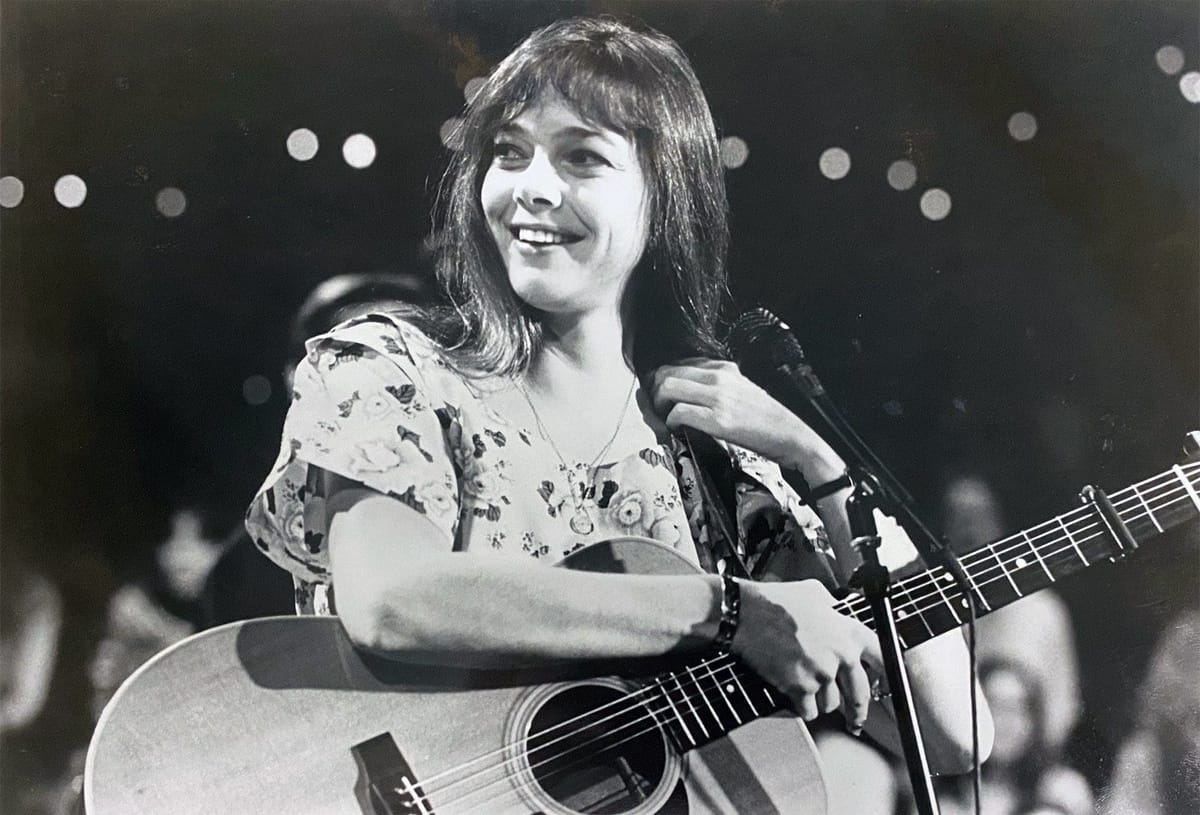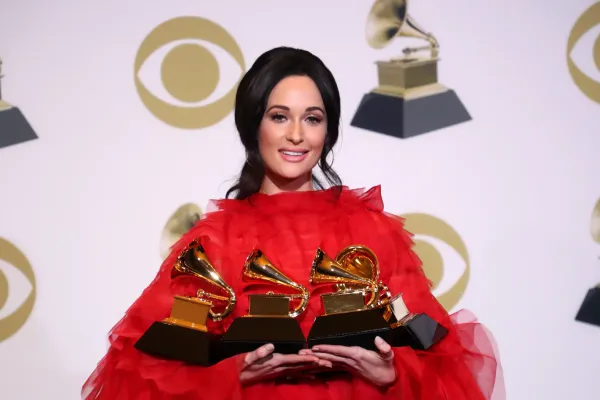Issue #114: Nanci Griffith and the Holes In Our Canon
We've made changes, but there's still so far to go.

Forgive the sports reference, but when it comes to being a singer-songwriter in Texas versus anywhere else in the union, I've come to understand that it just means more. There is a deep attachment to not just songcraft, but songcraft as expressed through a fierce eclecticism and independence — one that Texans imagine reflect what makes the state special (even as it currently leads the way in facism, the ultimate in fearful conformity…but I digress). People rally around songwriters who think of themselves as artists first and entertainers second; whose idiosyncrasies make them legendary. Where else are the frat boys demanding to hear "Snake Farm"?
The caveat, of course, is that the vast majority of those accepted into the Texas troubadour club are men — almost exclusively, really, until you start reminding people about Sunny Sweeney and Kelly Willis and Kimmie Rhodes and they might begrudgingly add them to their Lone Star canons so as not to seem discriminatory. It's an argument that I tried to make for Miranda Lambert last year in Texas Monthly and that I'm trying to make for Amanda Shires and Maren Morris and Kacey Musgraves and the Chicks now — that Marissa made in Her Country. These women are all outlaws, all have made music in the tradition of the greats that typically get named first — your Willies and Waylons and Guys and Towneses and all the rest.
Before just about all of them, we had Nanci Griffith, who was as serious, as methodical, as demanding of herself and others as the most hardnosed of the Texas singer-songwriters — a poet, a romantic, and a Texan to the bone. I just read a biography of her called Love at the Five and Dime; initially, I was skeptical, as author Brian T. Atkinson confessed early on to knowing little about Griffith or her music before starting the book. But the book is a pretty carefully crafted oral history of the singer-songwriter, centering the voices of those who knew and loved her best rather than Atkinson's own — I would definitely recommend it to those looking to learn more about her.
For all its context about her wonderful songs and how hard she fought in early days to get them heard, the book is ultimately a sad one. Griffith died feeling underappreciated and lonely, rejected by her home state and creatively stifled. She was successful, especially in the early and mid-'90s, and recognized. Yet as is so often the case with women artists, all the financial and critical success in the world isn't enough to guarantee that most elusive of rewards: legacy.
Legacy requires respect, and typically respect from (white) men — otherwise known as the ones most often in position to create canons and litigate legacies. It's why there are thousands of books on the Beatles and the Stones and just two extremely recent ones on Big Mama Thornton; why Dolly had to get old enough to no longer be threatening before she was truly recognized as a legend (and still, it's mostly the ferocity of her female fanbase that's put her in this position more than any sea change from the men who too often write our histories).
Griffith felt that she wasn't respected, and in the book there's plenty of disagreement on that topic from those who knew her; people who did respect her and felt she was being unreasonable. But sitting at a distance — a posture Griffith knew well, the position of so many women perennially stuck just two steps outside the inner circle — it's clear that she was never considered in the realm of her male peers, and still isn't. Writing that and saying it's wrong won't change it, but like women who make things everywhere, I'm used to my work not making a dent.





